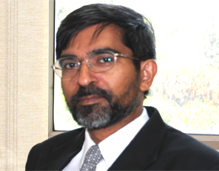Referendum for Myanmar’s Constitution in the wake of Cyclone Nargis
Howsoever much others may want to distance India from mlitary-ruled Myanmar, the widespread devastation caused by Cyclone Nargis has brought India into the spotlight. That it occurred barely a week prior to Myanmar’s proposed constitutional Referendum on May 10 brought this out in bold relief.
- Published: May 12, 2008









